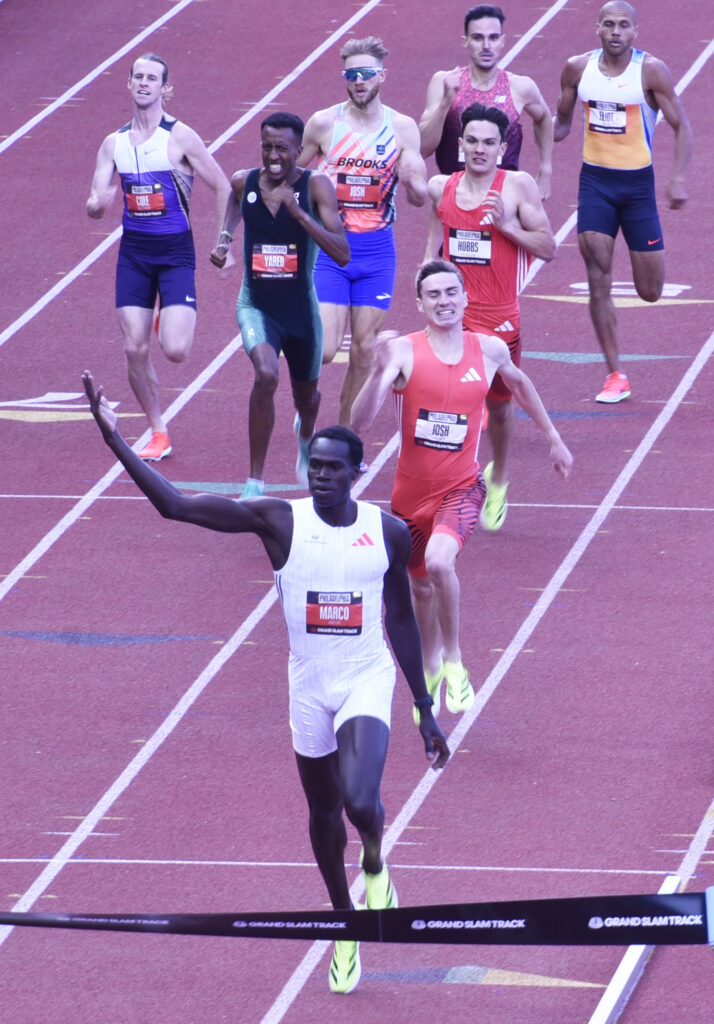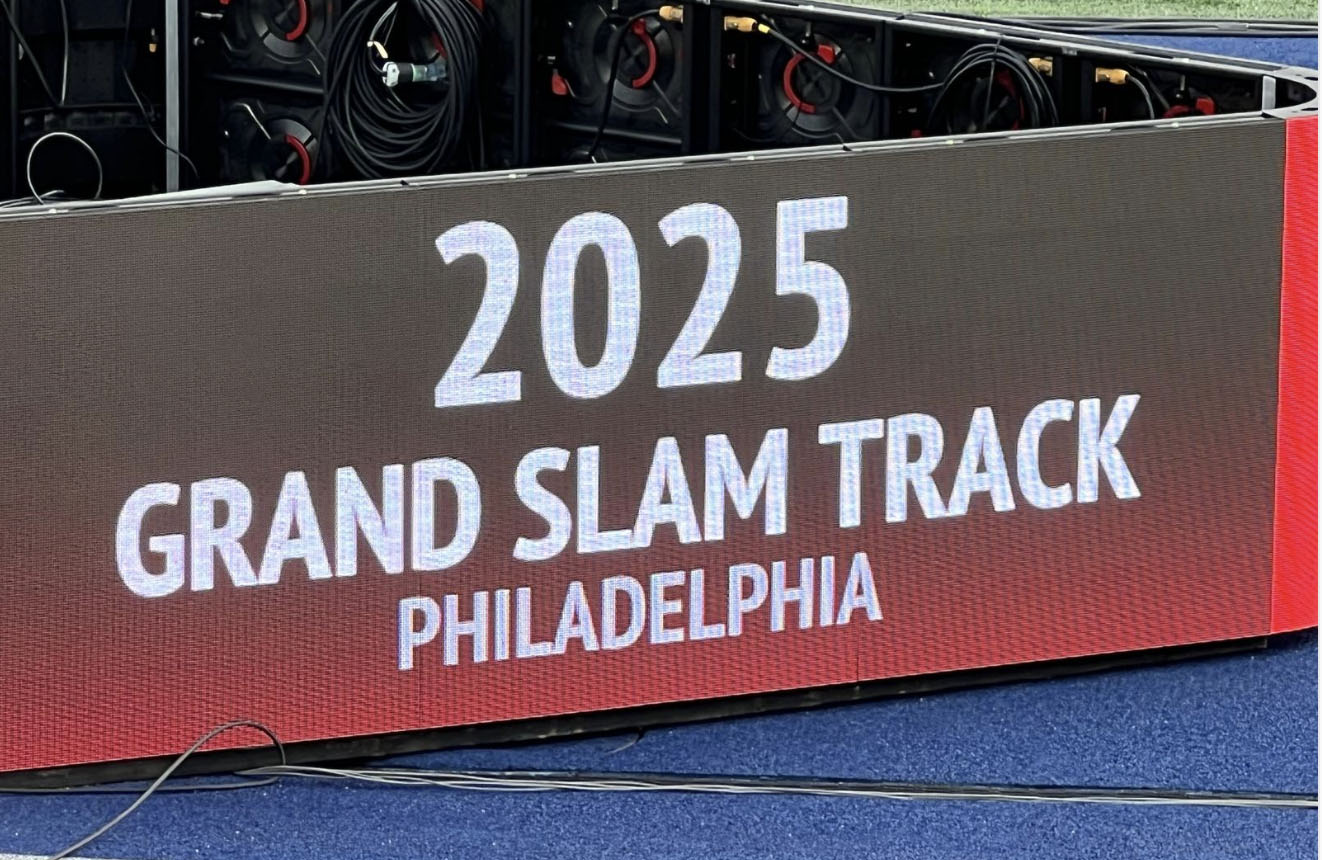A significant format change for the Philadelphia Grand Slam Track (GST) was the transition from three days to two, a change GST founder and commissioner Michael Johnson said was implemented following feedback from the athletes and fans. The new format has had an impact on both the overall success of the event and the athlete experience.
The format change to a two-day event was viewed positively by the organizers and seems to have been successful in generating a strong atmosphere and high-ticket sales.
The condensing of the event resulted in the most electric atmosphere and highest ticket sales the series was launched this year in Jamaica.
Johnson said that they were “really pleased with just compacting things into two days instead of the three days” and felt that it “worked much better”.
He also highlighted the importance of making quick decisions about changes and not being afraid to make mistakes.
Impact on Athlete Experience
For the athletes, the format offers benefits related to gaining experience, preparing for major championships, building confidence, and providing significant earning opportunities, despite the physical challenge of back-to-back races and the unique scoring system
Several athletes commented positively on their experience with the new GST format, which includes competing in different races within their race group, often on consecutive days.
USA’s Melissa Jefferson-Wooden noted that the format gives her “two good quality races” which allow her to return to training and “perfect what I did from the previous races”. She feels the format is propelling me forward and making her ready for the [US] Trials. She noted also that competing against the best of the best is helping her mentally prepare for future events.
Jefferson-Wooden’s compatriot Kenny Bednarek expressed his love for the format, stating that he gets new challenges every single time. He believes the format “is kind of built for me” and that it has given him the opportunity to get needed experience in the 100m. He also feels it builds confidence for the season.
Jamaica’s Ackera Nugent found that her Grand Slam experience gave her valuable experience, helped brand her more as a person, and allowed her personality to be shown.

Canada’s Marco Arop mentioned that the first Slam was “a bit of a shock to the body doing a 1500m and 800m back-to-back”. However, he noted that after the initial experience and with recovery, the preparation gained from competing in events they don’t normally run is helping them prepare for major championships.
American Jamal Britt highlighted the significant financial impact of winning the $100,000 prize money, stating it’s “more than what I made in my entire life” and will help a lot for the future.
UK’s Josh Kerr pointed out a unique aspect of the format compared to typical championship rounds, noting that the points system means results from the first day affect the second day. While this is different from usual competition, he also observed that Marco Arop has been improving in the 1500m within this format.
While not confirming a return to Philadelphia, Johnson said it felt like an “epic two days” and that “it would be hard not to” come back. A decision would be made after the season.


